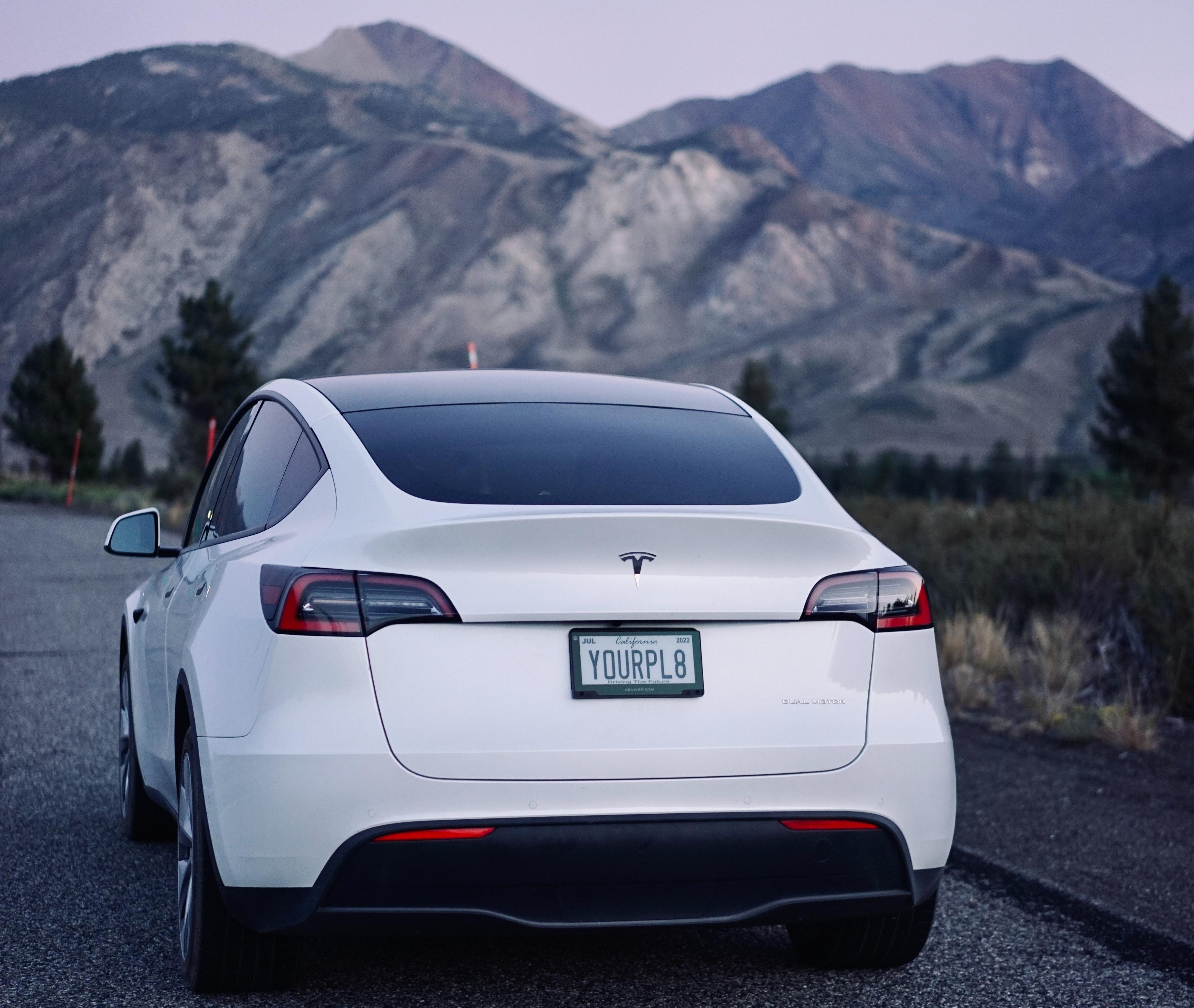

Get in the KNOW
on LA Startups & Tech
X
Illustration by Ian Hurley
What Are LA’s Hottest Startups of 2022? See Who VCs Picked in dot.LA’s Annual Survey
Harri Weber
Harri is dot.LA's senior finance reporter. She previously worked for Gizmodo, Fast Company, VentureBeat and Flipboard. Find her on Twitter and send tips on L.A. startups and venture capital to harrison@dot.la.
In Los Angeles—like the startup environment at large—venture funding and valuations skyrocketed in 2021, even as the coronavirus pandemic continued to surge and supply chain issues rattled the economy. The result was a startup ecosystem that continued to build on its momentum, with no shortage of companies raising private capital at billion-dollar-plus unicorn valuations.
In order to gauge the local startup scene and who’s leading the proverbial pack, we asked more than 30 leading L.A.-based investors for their take on the hottest firms in the region. They responded with more than two dozen venture-backed companies; three startups, in particular, rose above the rest as repeat nominees, while we've organized the rest by their amount of capital raised as of January, according to data from PitchBook. (We also asked VCs not to pick any of their own portfolio companies, and vetted the list to ensure they stuck to that rule.)
Without further ado, here are the 26 L.A. startups that VCs have their eyes on in 2022.
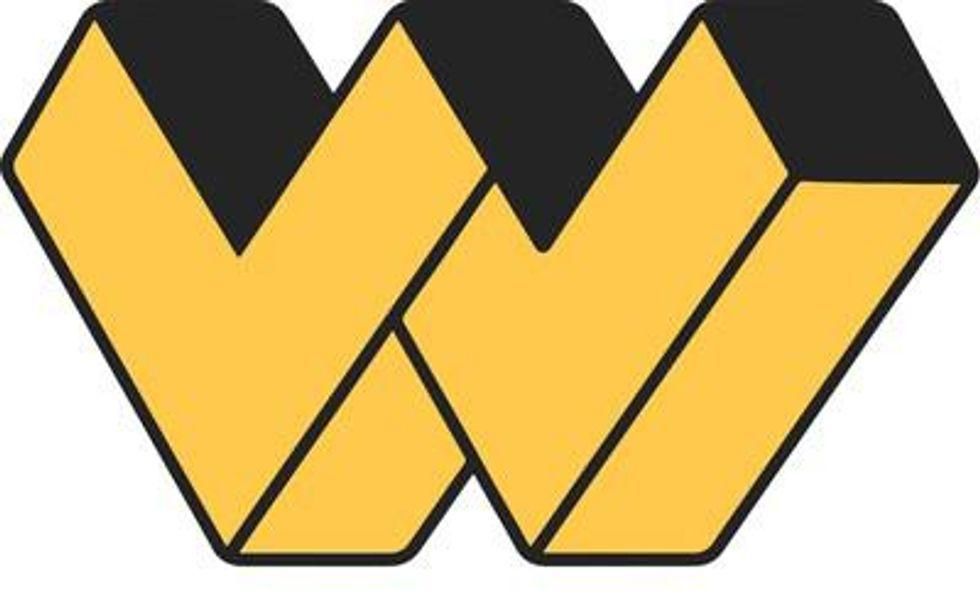
1. Whatnot ($225.4 million raised)
Whatnot was the name most often on the minds of L.A. venture investors—understandably, given its prolific fundraising year. Whatnot raised some $220 million across three separate funding rounds in 2021, on the way to a $1.5 billion valuation.
The Marina del Rey-based livestream shopping platform was founded by former GOAT product manager Logan Head and ex-Googler Grant LaFontaine. The startup made its name by providing a live auction platform for buying and selling collectables like rare Pokémon cards, and has since expanded into sports memorabilia, sneakers and apparel.
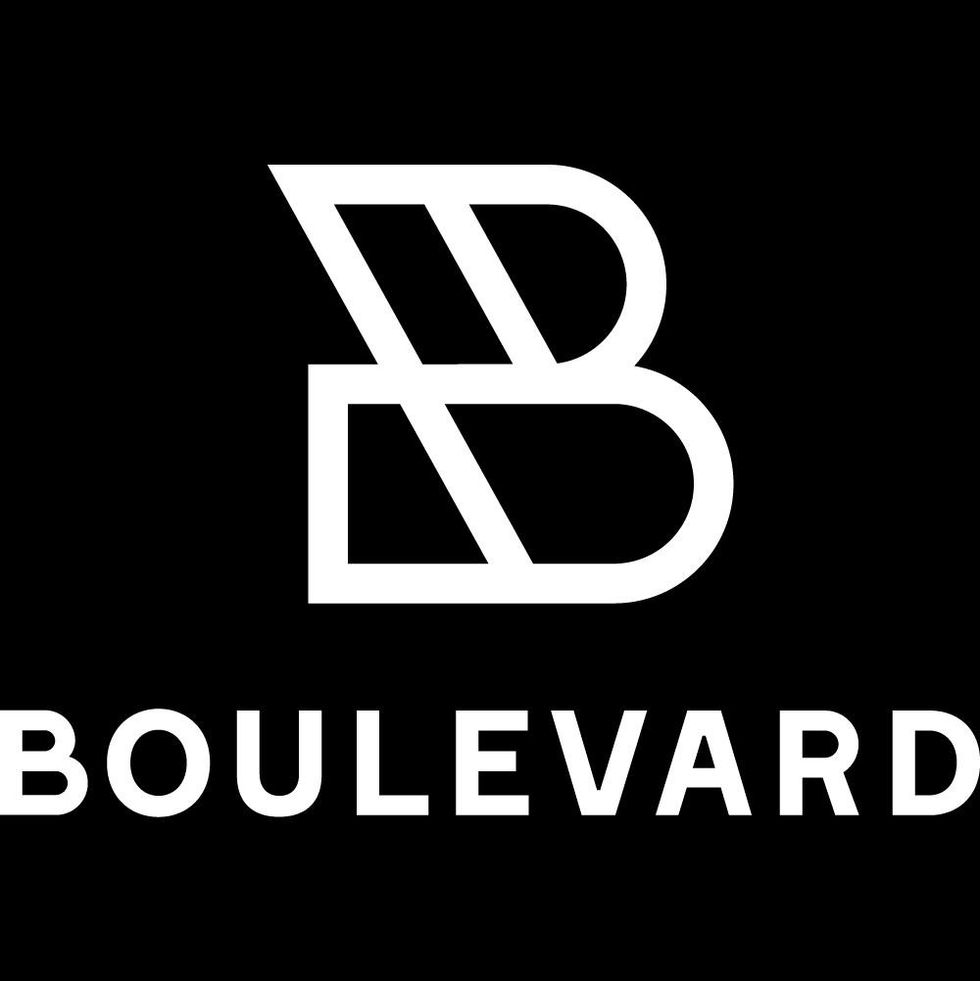
2. Boulevard ($40.3 million raised)
Boulevard’s backers include Santa Monica-based early-stage VC firm Bonfire Ventures, which focuses on B2B software startups. The Downtown-based company fits nicely within that thesis; Boulevard builds booking and payment software for salons and spas. The firm has worked with prominent brands such as Toni & Guy and HeyDay.
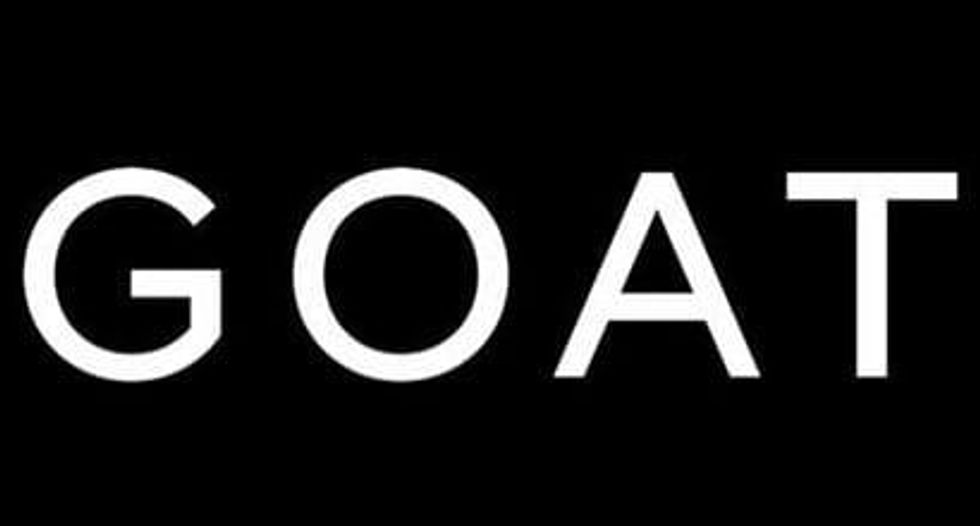
3. GOAT ($492.7 million)
GOAT launched in 2015 as a marketplace to help sneakerheads authenticate used Air Jordans and other collectible shoes. It has since grown at a prolific rate, expanding into apparel and accessories and exceeding $2 billion in merchandise sales in 2020. The startup sealed a $195 million funding round last summer that more than doubled its valuation, to $3.7 billion.
The Best of the Rest
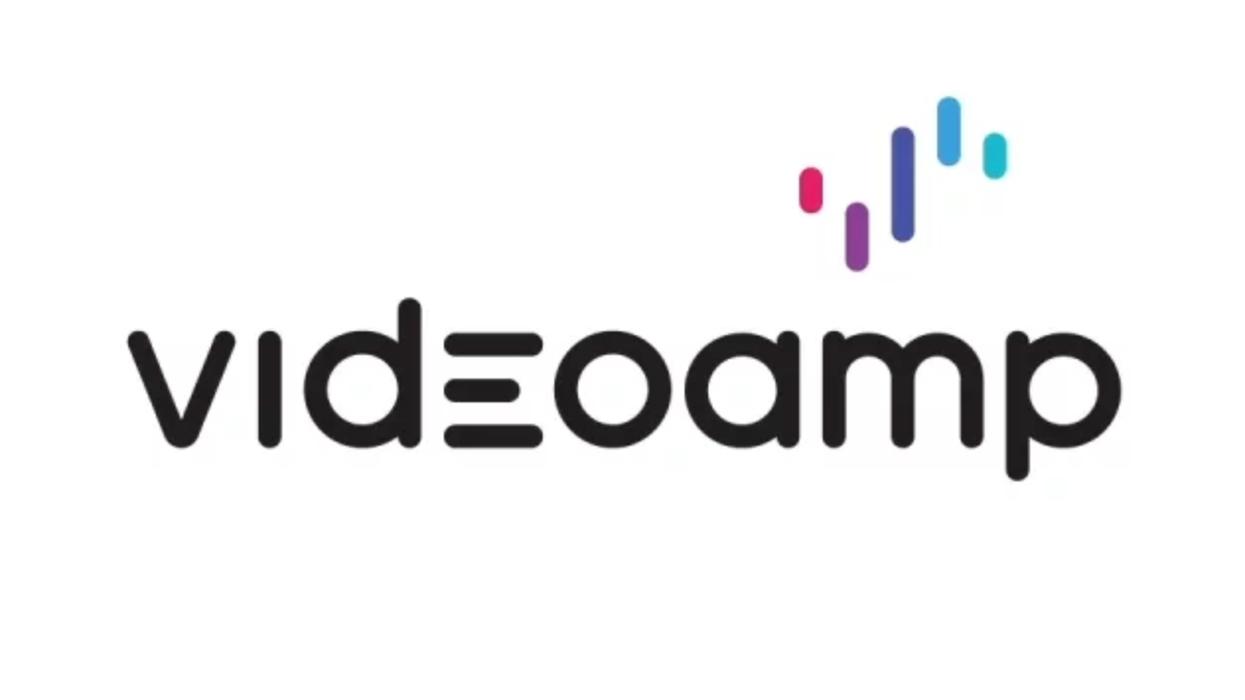
VideoAmp ($578.6 raised)
Nielsen competitor VideoAmp gathers data on who's watching what across streaming services, traditional TV and social apps like YouTube. The company positions itself as an alternative to so-called "legacy" systems like Nielsen, which it says are "fragmented, riddled with complexity and inaccurate." In addition to venture funding, its total funding figure includes more than $165 million in debt financing.

Mythical Games ($269.4 million raised)
Seizing on the NFT craze, Mythical Games is building a platform that powers the growing realm of “play-to-earn games.” Backed by NBA legend Michael Jordan and Andreessen Horowitz, the Sherman Oaks-based startup’s partners include game publishers Abstraction, Creative Mobile and CCG Lab.

FloQast ($202 million raised)
FloQast founder Michael Whitmire says he got a “no” from more than 100 investors in the process of raising a seed round. Today, the accounting software company is considered a unicorn.

Nacelle ($70.8 million raised)
Nacelle produces docuseries, books, comedy albums and podcasts. The media company’s efforts include the Netflix travel series “Down To Earth with Zac Efron.”
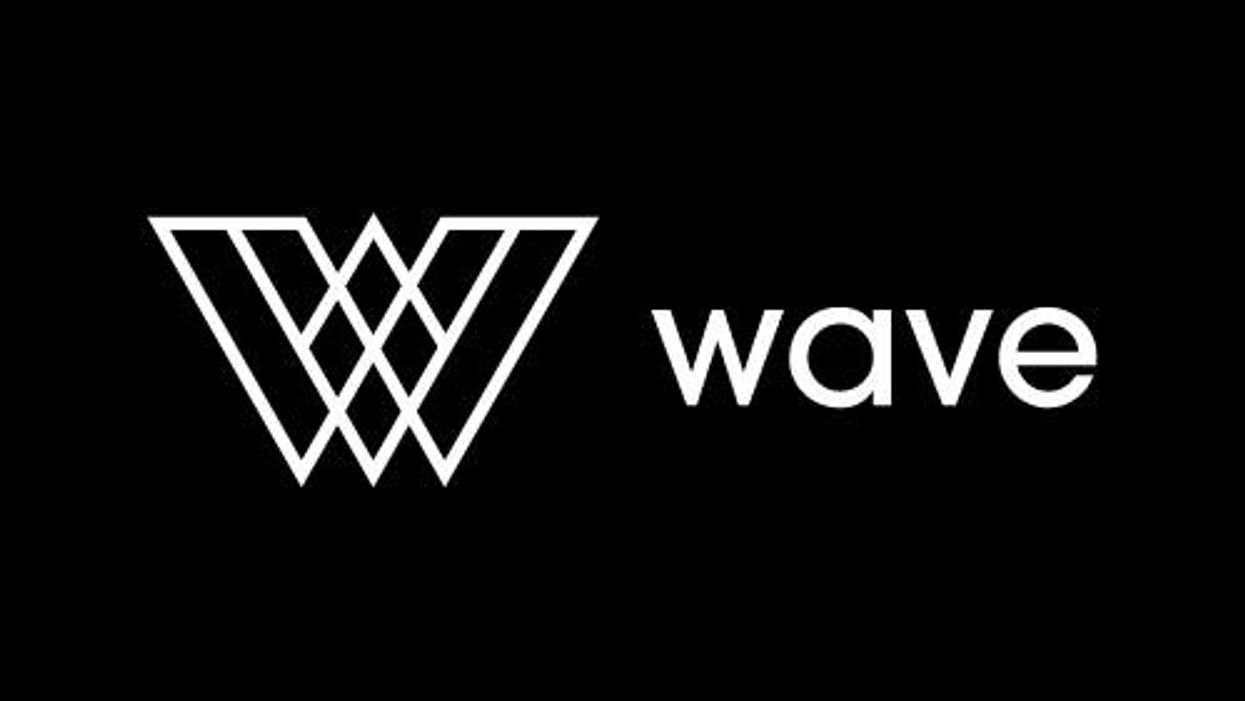
Wave ($66 million raised)
A platform for virtual concerts, Wave has hosted performances by artists including Justin Bieber, Tinashe and The Weeknd. The company says it has raised $66 million to date from the likes of Warner Music and Tencent.
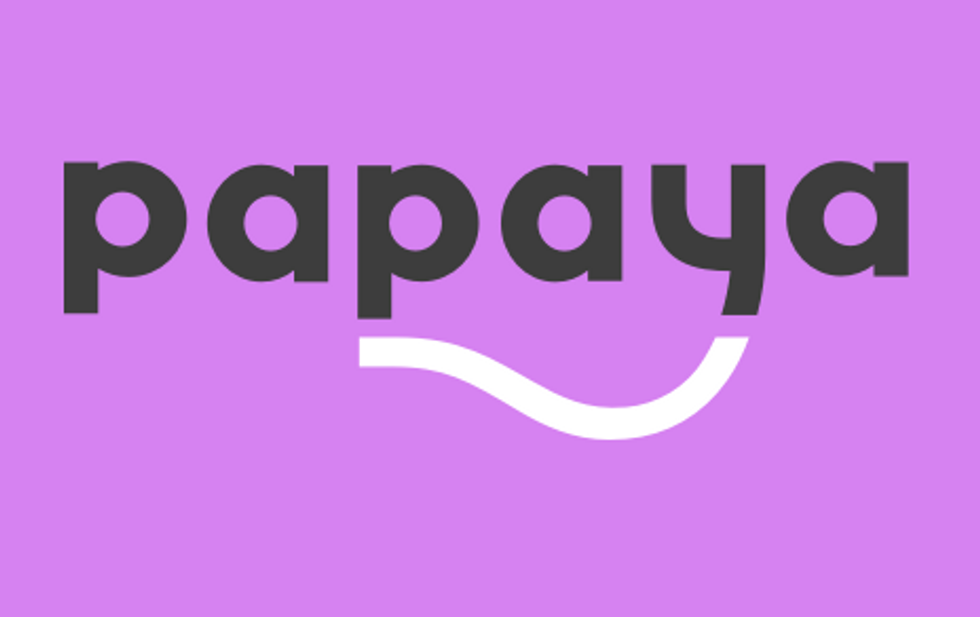
Papaya ($65.2 million raised)
Sherman Oaks-based Papaya looks to make it easier to pay “any” bill—from hospital bills to parking tickets—via its mobile app.
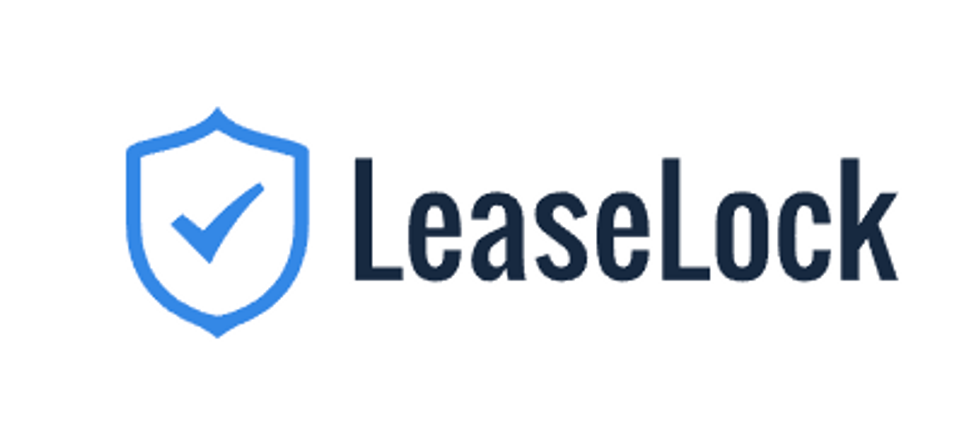
LeaseLock ($63.2 million raised)
Based in Marina del Rey, LeaseLock says it’s on a mission to eliminate security deposits for apartment renters.
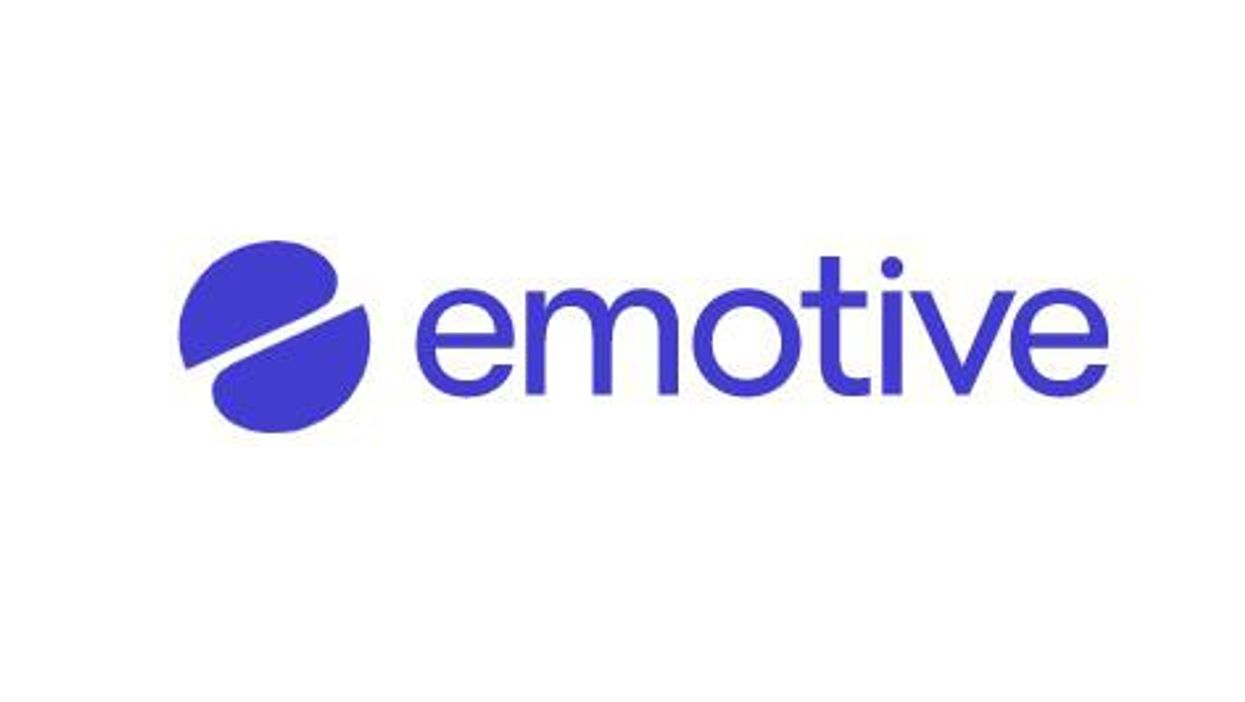
Emotive ($58.1 million raised)
Emotive sells text message-focused marketing tools to ecommerce firms like underwear brand Parade and men's grooming company Beardbrand.
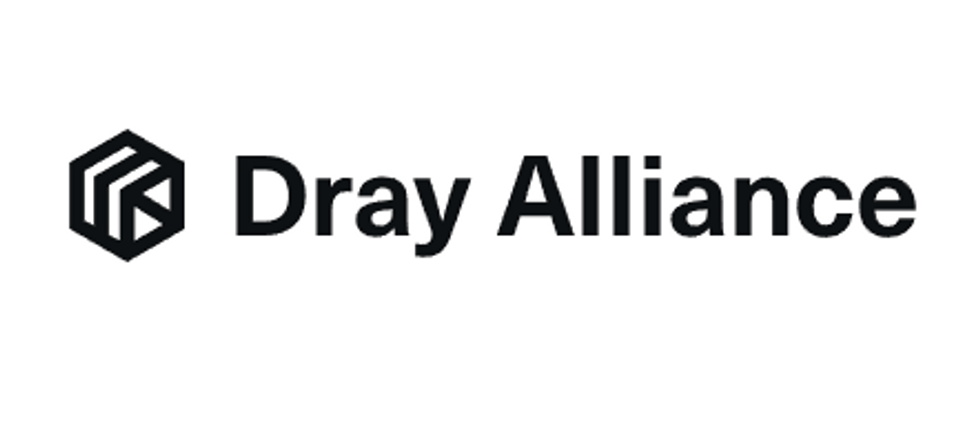
Dray Alliance ($55 million raised)
Based in Long Beach, Dray says its mission is to “modernize the logistics and trucking industry.” Its partners include Danish shipping company Maersk and toy maker Mattel.
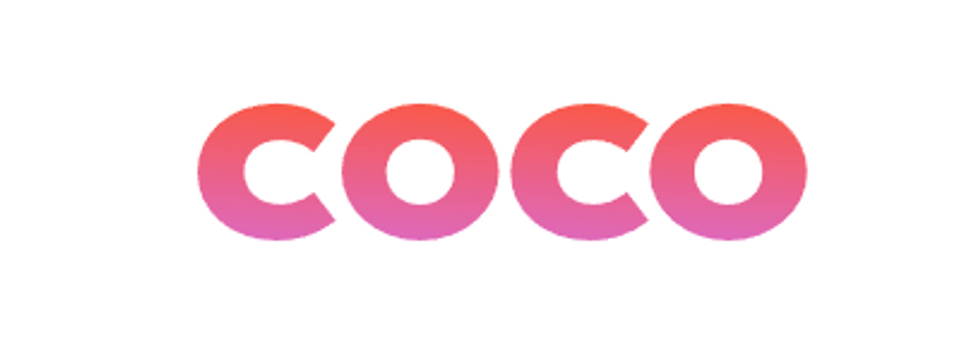
Coco ($43 million raised)
Coco makes small pink robots on wheels (you may have seen them around town) that deliver food via a remote pilot. Its investors include Y Combinator and Silicon Valley Bank.
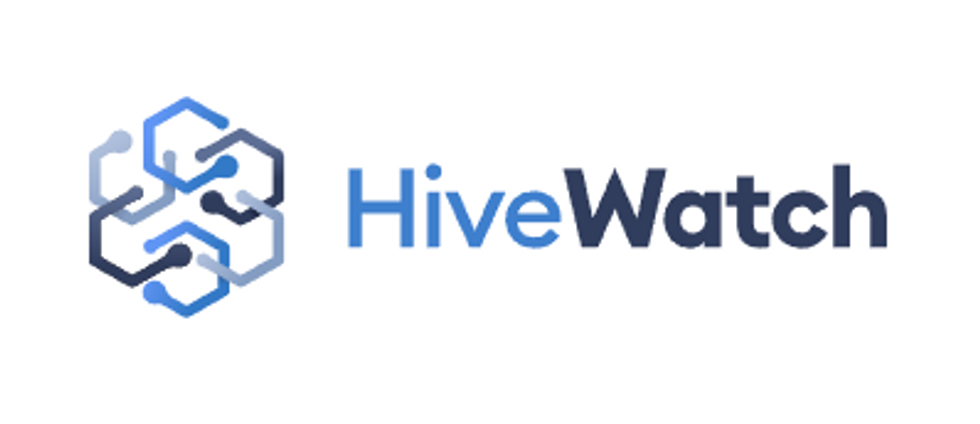
HiveWatch ($25 million raised)
HiveWatch develops physical security software. Its investors include former Twitter executive Dick Costollo and NBA star Steph Curry’s Penny Jar Capital.

Popshop ($24.5 million raised)
Whatnot competitor Popshop is betting that live-shopping is the future of ecommerce. The West Hollywood-based firm focuses on collectables such as trading cards and anime merchandise.
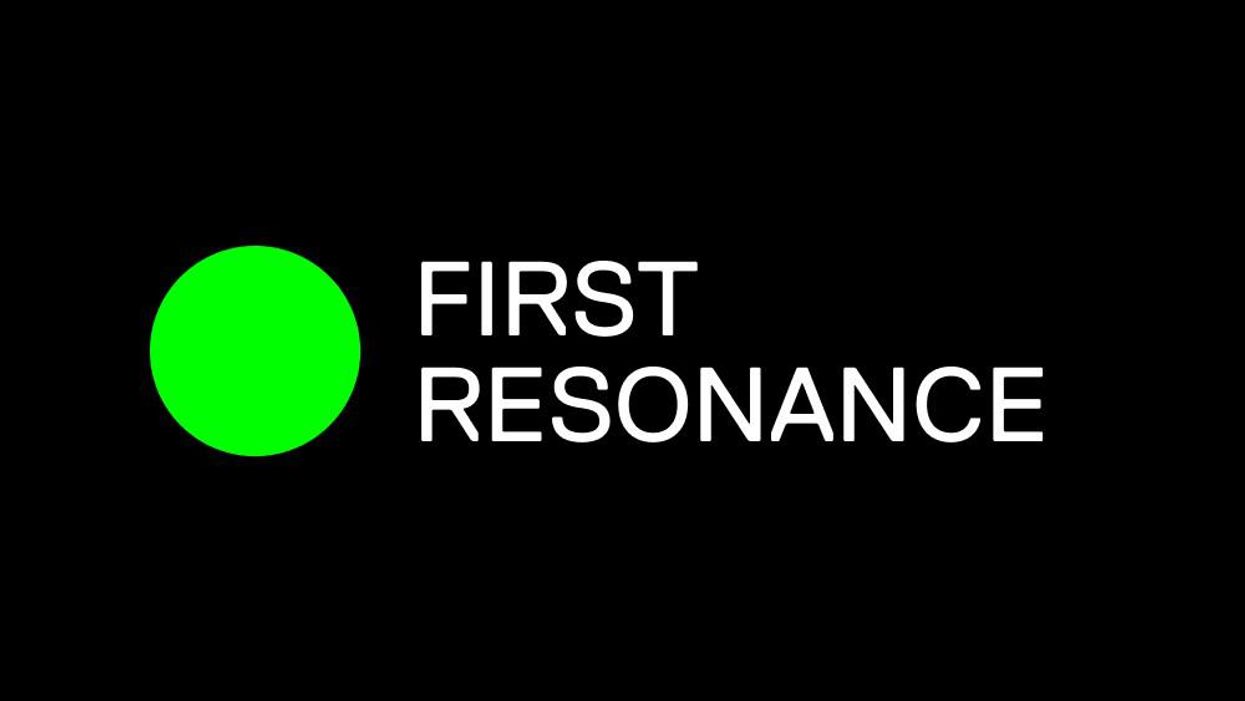
First Resonance ($19.4 million raised)
Founded by former SpaceX engineer Karan Talati, First Resonance runs a software platform for makers of electric cars and aerospace technology. Its clients include Santa Cruz-based air taxi company Joby Aviation and Alameda-based rocket company Astra.
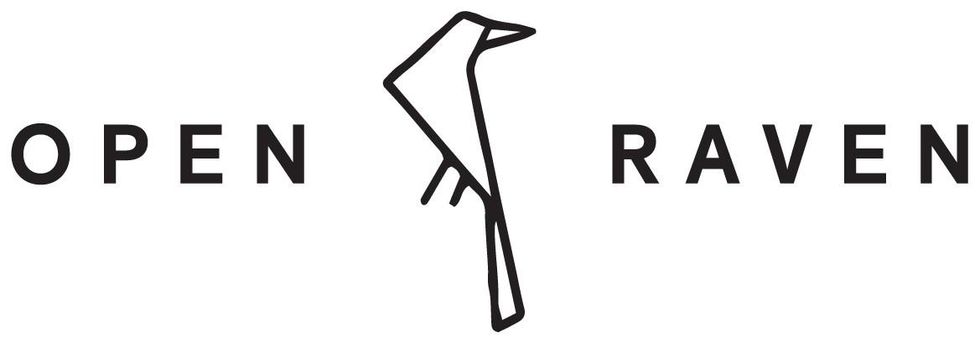
Open Raven ($19 million raised)
Founded by Crowdstrike and Microsoft alums, Open Raven aims to protect user data. The cybersecurity firm’s investors include Kleiner Perkins and Upfront Ventures.
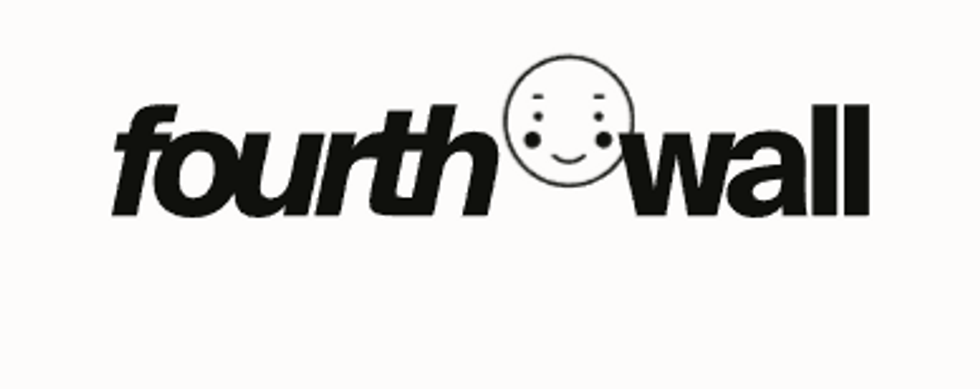
Fourthwall ($17 million raised)
When an actor faces the camera and speaks directly to the audience, it’s known as “breaking the fourth wall.” Named after the trope, Venice-based Fourthwall offers a website builder that’s designed for content creators.

The Non Fungible Token Company ($15 million raised)
The Non Fungible Token Company creates NFTs for musicians under the name Unblocked. Its investors include Jay Z’s Marcy Venture Partners and Shawn Mendez.
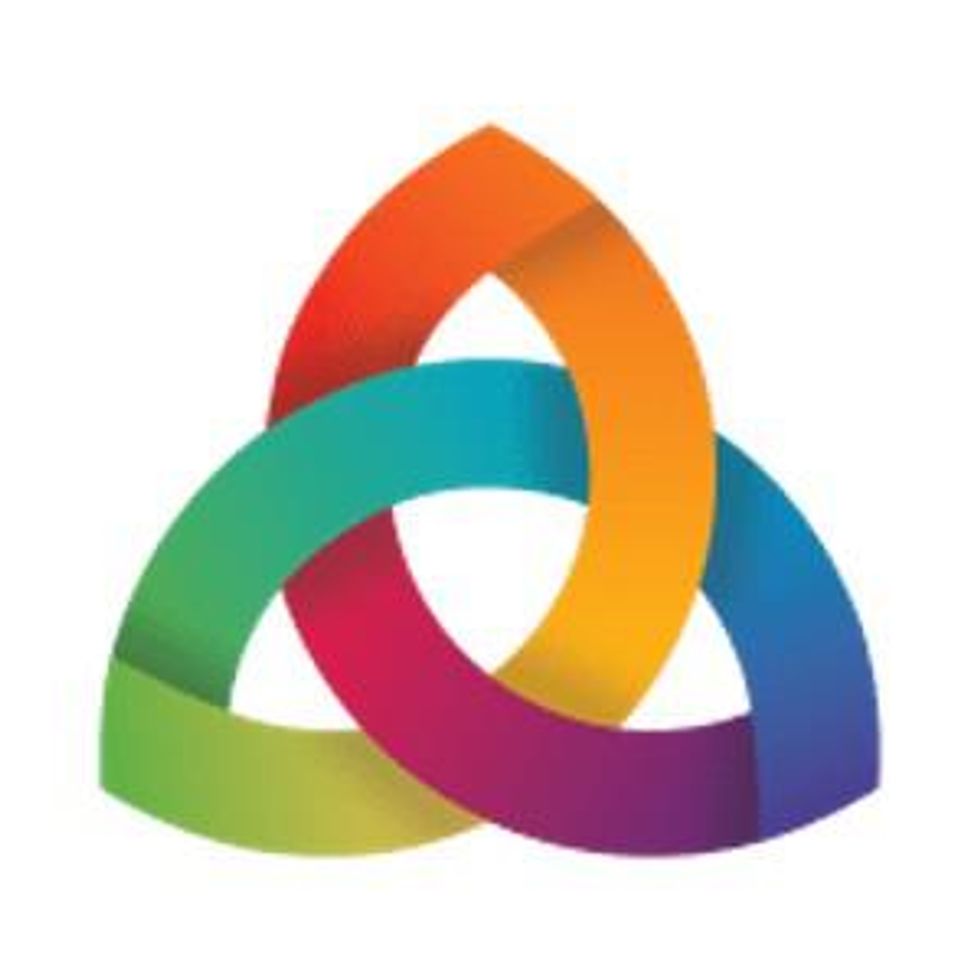
Safe Health Systems ($15 million raised)
Backed by Mayo Clinic Ventures, Safe Health develops telehealth software and offers tools for enterprises to launch their own health care apps.
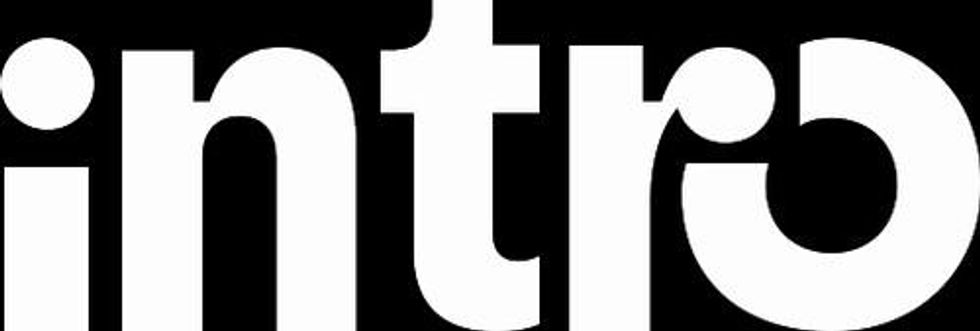
Intro ($11.6 million raised)
Intro’s app lets you book video calls with experts—from celebrity stylists, to astrologists, to investors.
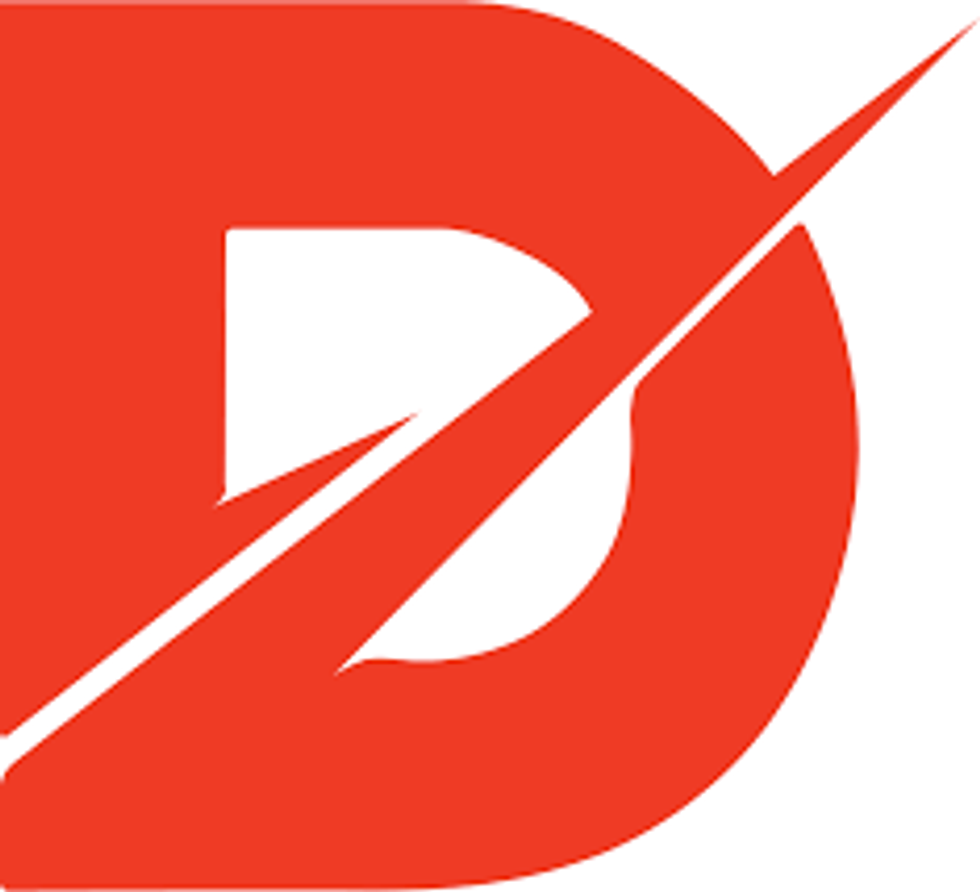
DASH Systems ($8.5 million raised)
With the tagline “Land the package, not the plane,” DASH Systems is a Hawthorne-based shipping company that builds hardware and software for automated airdrops.

Ettitude ($3.5 million raised)
With a focus on sustainability, Ettitude is a direct-to-consumer brand that sells bedding, bathroom textiles and sleepwear.

Afterparty ($3 million raised)
Along similar lines as Unblocked, Afterparty creates NFTs for artists and content creators such as Clay Perry and Tropix.

Heart to Heart ($0.75 million raised)
Heart to Heart is an audio-focused dating app that “lets you listen to the story behind the pictures in a profile.” Precursor Ventures led the pre-seed funding round.

Frigg (undisclosed)
Frigg makes hair and beauty products that contain cannabinoids such as CBD. The Valley Village-based company raised an undisclosed seed round in August.
From Your Site Articles
- The Early-Stage Startups in LA Set to Take Off in 2021 - dot.LA ›
- Los Angeles Startups Closed a Record Number of Deals in Q3 - dot.LA ›
- dot.LA's Map of Startups in Los Angeles - dot.LA ›
- The Hottest LA Startups of 2020 - dot.LA ›
- Los Angeles Cleantech Incubator Launches Green Loan Fund - dot.LA ›
- dot.LA's Guide on L.A. Flight Startups Overair, Archer Aviation - dot.LA ›
- Here Are LA’s Hottest Startups for 2023 - dot.LA ›
- Nobody Studios Plans to Build 100 Startups in Five Years - dot.LA ›
- From GameTree to Sota — Ukrainian Founders Call LA Home - dot.LA ›
Related Articles Around the Web
Harri Weber
Harri is dot.LA's senior finance reporter. She previously worked for Gizmodo, Fast Company, VentureBeat and Flipboard. Find her on Twitter and send tips on L.A. startups and venture capital to harrison@dot.la.
CHAOS in the Skies, Valar in the Core and Robotaxis on the 405
09:24 AM | November 14, 2025
🔦 Spotlight
Hello LA!
If you are reading this while watching the clouds stack up over the city, you are not wrong. The forecast is calling for heavy rain and possible flooding through Sunday, so consider this your permission slip to cancel a few plans, stay dry and catch up on what the hard-tech crowd has been building this week.
Let us start with the least subtle name in local defense tech. CHAOS Industries just closed a $510 million dollar round led by Valor Equity Partners, valuing the company at $4.5 billion dollars and pushing its total funding past the $1 billion dollar mark in under three years. The company builds Coherent Distributed Networks radar, essentially a mesh of smaller, lower cost sensors that can pick up drones and other low flying threats minutes earlier than legacy radar systems, a gap that has become painfully obvious on modern battlefields. The new capital is going toward product development and manufacturing so militaries and border agencies can actually field these systems at scale rather than treating them as one-off experiments.
What makes CHAOS interesting is not just the size of the round but the architecture choice. Instead of a single massive radar on a hill, they are betting on distributed, software first networks that can be upgraded, repositioned and re-tasked as threats change. It is a very cloud-era way of thinking about defense hardware, and it is pulling engineers from a mix of aerospace, gaming and traditional software backgrounds into a category that used to be the domain of slow, closed incumbents.

If CHAOS is focused on keeping the skies manageable, Valar Atomics wants to keep the lights on for everything that needs compute. The Hawthorne based nuclear startup raised $130 million dollars in Series A funding led by Snowpoint Ventures, with participation from Crosscut Ventures and a roster of deep tech backers that includes Palmer Luckey and Palantir CTO Shyam Sankar. Valar is building compact, high temperature gas reactors that use TRISO fuel and helium coolant, designed for strong safety characteristics and very high operating temperatures.
Instead of a single gigantic nuclear plant, Valar’s plan is to mass produce one standardized reactor design and cluster hundreds of them on “gigasites” that sit directly behind the meter for big energy users. Think hydrogen production, AI data centers, heavy industry and synthetic fuel plants, not just electrons on the grid. Construction is already underway on a first test reactor in Utah, targeted for completion in 2026, and the company is positioning itself as part of a new wave of nuclear companies that treat reactors as a product you replicate, not a megaproject you tolerate.

On the consumer side, your weekend mobility options are getting an upgrade too, weather permitting. Waymo has begun routing paid robotaxi rides onto freeways in Los Angeles, alongside San Francisco and Phoenix, after years of staying mostly on surface streets. The company says freeway segments can cut some trip times by as much as half, making a driverless ride to LAX or a cross town trek on the 405 feel less like a novelty and more like a practical option. Regulators and human drivers now have to figure out what it means to share the fast lane with cars that never get tired and never text at red lights.

Apple is also coming for the least fun part of any LA trip: the airport ID check. The new Digital ID feature lets you create a passport based identity inside Apple Wallet that TSA will accept at more than 250 airports for domestic travel, including LAX. You scan your passport, verify with Face ID and then present your Digital ID at TSA checkpoints using your iPhone or Apple Watch without handing over your device. It will not replace a physical passport for international flights, but it does mean boarding passes, credit cards and ID can all live in the same tap-to-go flow the next time you sprint to Terminal 4.
Between radar that sees drones earlier, reactors that promise industrial scale clean power and robotaxis that hop on the freeway, a lot of the future is quietly being wired in while you hunt for an umbrella. Stay safe, stay dry this weekend and keep scrolling for this week’s venture rounds, fund announcements and acquisitions.
🤝 Venture Deals
LA Companies
- Skims has raised $225M in new funding at a $5B valuation, in a round led by Goldman Sachs Alternatives with participation from BDT & MSD Partners. The company plans to use the capital to accelerate its shift toward brick-and-mortar retail and international expansion, while continuing to invest in product innovation across intimates, shapewear, apparel, and activewear, including its new NikeSKIMS collaboration; Skims is on track to surpass $1B in net sales in 2025, just six years after launch. - learn more
- Neros has raised $75M in a Series B round led by Sequoia Capital, with participation from existing investors Vy Capital US and Interlagos, bringing its total funding to over $120M. The El Segundo based defense drone startup will use the capital to massively scale production of its Archer and Archer Strike FPV drone platforms and ground control systems, expand industrial capacity, and deepen a China-free, allied supply chain. The raise coincides with Neros being selected as one of the primary FPV drone suppliers for the U.S. Army’s Purpose-Built Attritable Systems program, following a major Marine Corps drone order. - learn more
LA Venture Funds
- BAM Ventures joined Exowatt’s new $50M financing round, backing the Miami based company’s push to deliver dispatchable, American made solar power to AI data centers and other energy hungry industrial sites. The round, an extension of Exowatt’s $70M Series A led by MVP Ventures and 8090 Industries, brings the company’s total funding to $140M in under two years. Exowatt will use the capital to expand U.S. manufacturing and scale deployments of its modular P3 system, which stores solar energy as heat and converts it to electricity on demand to provide round the clock, grid independent power. - learn more
- WndrCo joined the $145M Series B round for Alembic, the AI marketing analytics startup it first backed in early 2024, as the company’s valuation jumped to $645M. The round was led by Prysm Capital and Accenture and will help Alembic scale its platform, which uses AI to link brand marketing across channels like TV, podcasts and social media to real sales outcomes. Alembic also plans to use part of the funding to build a new Nvidia powered supercomputing cluster in San Jose to support growing demand from enterprise customers. - learn more
- Magnify Ventures joined Joy’s $14M Series A round, backing the San Francisco based startup’s push to build an AI powered parenting platform that blends machine intelligence with real human experts. Co-led by Forerunner and Raga Partners, the funding coincides with the launch of the Joy Parenting Club app, which gives new parents and parents of toddlers 24/7 access to certified coaches plus AI driven guidance, milestone tracking and personalized product recommendations. Joy plans to use the capital to further develop its AI model, expand partnerships with baby and parenting brands, and grow its expert network to support families through more stages of childhood. - learn more
- Overture VC, via its climate focused Overture Climate fund, reupped in Harbinger’s $160M Series C round as the medium duty electric and hybrid truck maker continues to scale its U.S. built EV platform. The round was co led by FedEx, Capricorn’s Technology Impact Fund, and THOR Industries, and includes existing backers like Tiger Global, Ridgeline, Maniv Mobility, Schematic Ventures, Ironspring Ventures, ArcTern Ventures, Litquidity Ventures, and The Coca Cola System Sustainability Fund. Harbinger will use the capital to ramp production of its electric stripped chassis platform and fulfill an initial FedEx order for 53 Class 5 and 6 trucks, supporting large fleet electrification and last mile delivery use cases. - learn more
- Sound Ventures joined the $60M Series B round for GC AI, an AI platform built for in-house legal teams, alongside lead investors Scale Venture Partners and Northzone. The new funding values the San Francisco based startup at $555M and brings its total capital raised to $73M. GC AI will use the money to accelerate product development and deepen its integrations and AI agents, building on rapid growth to more than 1,000 customers, $10M in ARR, and 1.75 million legal prompts processed in under a year. - learn more
- Fulcrum Venture Group doubled down on its backing of Code Metal, joining the startup’s $36.5M Series A to support its push to bring verifiable AI powered code translation to mission critical industries. Led by Accel at a $250M valuation, the round also brought in RTX Ventures, Bosch Ventures, Smith Point Capital, Overmatch VC, AE Ventures, Shield Capital, J2 Ventures, and several strategic angels. Code Metal will use the capital to expand its platform across defense, automotive, and semiconductor customers, promising formally verified, regulation-ready code that can be ported between chips and modernized much faster than traditional methods. - learn more
- MarcyPen Capital Partners led Rebel’s $25M oversubscribed Series B to scale the company’s returns recommerce marketplace, which helps retailers resell open box and overstock goods instead of sending them to landfills. The new capital will fund expansion into outdoor and sporting goods categories with existing retail partners and support broader growth of Rebel’s tech platform, which processes and resells returned products at up to 70 percent off retail while tackling the trillion dollar returns problem. - learn more
- Halogen Ventures joined Auditocity’s $2M seed round alongside Techstars, Innovate Alabama, and several angel investors to help scale the company’s AI driven HR compliance auditing platform. The Alabama based startup plans to use the capital to expand nationally and deepen its intelligent automation tools so HR teams can spot compliance risks in real time and resolve issues before they become costly problems. - learn more
- Upfront Ventures joined Majestic Labs’ more than $100M financing as the AI infrastructure startup emerged from stealth with a new memory centric server architecture. Founded by ex Google and Meta executives, the company claims its all in one servers deliver up to 1000 times the memory capacity of top tier GPU systems, effectively replacing multiple racks with a single box for the largest AI workloads. Majestic will use the capital to grow its team, finish its full software stack, and run pilot deployments with customers looking to cut power use and costs while training massive models. - learn more
- Alexandria Venture Investments and Freeflow Ventures joined an oversubscribed round of more than $100M for Iambic, a San Diego based biotech using an AI driven discovery platform to develop new cancer therapies. The clinical stage company will use the fresh capital to expand its operations and advance a pipeline that includes IAM1363, a HER2 targeted candidate that has already shown early anti tumor activity, as well as additional AI designed programs and pharma partnerships. - learn more
- EGB Capital joined Extellis’ $6.8M oversubscribed seed round, backing the Durham based startup’s push to deliver reliable, all weather satellite imagery at industrial scale. Led by Oval Park Capital with participation from Duke Capital Partners, First Star Ventures, New Industry Ventures, Front Porch Venture Partners, and Blue Lake VC, the funding will support Extellis’ first satellite launch and initial product rollout. - learn more
- Core Innovation Capital joined Arrived’s $27M Series B style funding round, backing the Seattle startup’s push to make fractional real estate investing feel more like buying stocks. Led by Neo with participation from Forerunner Ventures, Bezos Expeditions, and other investors, the new capital will help Arrived scale its “stock market for real estate” platform and recently launched Secondary Market, which lets investors buy and sell shares of individual rental homes across the U.S. with just a few clicks. - learn more
- Strong Ventures participated in a new pre Series A round for Provotive, the company behind AI packaging design platform Packative. The round was led by Japanese VC firm Miraise, with Korean fund VNTG and a Japan based strategic CVC also joining. Provotive plans to use the capital to expand its AI driven packaging services across Japan, Korea, and the broader Asian market, helping brands quickly generate localized, customized packaging at scale. - learn more
LA Exits
- Nativo is being acquired by family safety and location app Life360 in a cash and stock deal valued at about $120M. The acquisition folds Nativo’s native ad platform, programmatic tools, and publisher network into Life360’s advertising business so brands can reach families both inside the Life360 app and across CTV, mobile, and premium web environments. The companies say the combined platform will offer a full funnel, privacy minded, “family safe” ad solution and expect the deal to close in January 2026, pending customary approvals. - learn more
- RealtyMogul, an online real estate crowdfunding and investment platform, has been acquired from its venture backers by The Wideman Company, a cash flow focused, high touch real estate investment firm. The deal gives RealtyMogul a long term owner while keeping its brand and digital marketplace intact, supporting a member base that has invested more than $1.2B of equity into properties valued above $8B. The Wideman Company says the acquisition will bring additional capital and strategic support to expand RealtyMogul’s offerings and deal flow for individual investors and real estate sponsors. - learn more
Read moreShow less
Here's How To Get a Digital License Plate In California
03:49 PM | October 14, 2022
Photo by Clayton Cardinalli on Unsplash
Thanks to a new bill passed on October 5, California drivers now have the choice to chuck their traditional metal license plates and replace them with digital ones.
The plates are referred to as “Rplate” and were developed by Sacramento-based Reviver. A news release on Reviver’s website that accompanied the bill’s passage states that there are “two device options enabling vehicle owners to connect their vehicle with a suite of services including in-app registration renewal, visual personalization, vehicle location services and security features such as easily reporting a vehicle as stolen.”
Reviver Auto Current and Future CapabilitiesFrom Youtube
There are wired (connected to and powered by a vehicle’s electrical system) and battery-powered options, and drivers can choose to pay for their plates monthly or annually. Four-year agreements for battery-powered plates begin at $19.95 a month or $215.40 yearly. Commercial vehicles will pay $275.40 each year for wired plates. A two-year agreement for wired plates costs $24.95 per month. Drivers can choose to install their plates, but on its website, Reviver offers professional installation for $150.
A pilot digital plate program was launched in 2018, and according to the Los Angeles Times, there were 175,000 participants. The new bill ensures all 27 million California drivers can elect to get a digital plate of their own.
California is the third state after Arizona and Michigan to offer digital plates to all drivers, while Texas currently only provides the digital option for commercial vehicles. In July 2022, Deseret News reported that Colorado might also offer the option. They have several advantages over the classic metal plates as well—as the L.A. Times notes, digital plates will streamline registration renewals and reduce time spent at the DMV. They also have light and dark modes, according to Reviver’s website. Thanks to an accompanying app, they act as additional vehicle security, alerting drivers to unexpected vehicle movements and providing a method to report stolen vehicles.
As part of the new digital plate program, Reviver touts its products’ connectivity, stating that in addition to Bluetooth capabilities, digital plates have “national 5G network connectivity and stability.” But don’t worry—the same plates purportedly protect owner privacy with cloud support and encrypted software updates.
5 Reasons to avoid the digital license plate | Ride TechFrom Youtube
After the Rplate pilot program was announced four years ago, some raised questions about just how good an idea digital plates might be. Reviver and others who support switching to digital emphasize personalization, efficient DMV operations and connectivity. However, a 2018 post published by Sophos’s Naked Security blog pointed out that “the plates could be as susceptible to hacking as other wireless and IoT technologies,” noting that everyday “objects – things like kettles, TVs, and baby monitors – are getting connected to the internet with elementary security flaws still in place.”
To that end, a May 2018 syndicated New York Times news service article about digital plates quoted the Electronic Frontier Foundation (EFF), which warned that such a device could be a “‘honeypot of data,’ recording the drivers’ trips to the grocery store, or to a protest, or to an abortion clinic.”
For now, Rplates are another option in addition to old-fashioned metal, and many are likely to opt out due to cost alone. If you decide to go the digital route, however, it helps if you know what you could be getting yourself into.
From Your Site Articles
- 8 Alternatives to Uber and Lyft in California - dot.LA ›
- Automotus Will Monitor Santa Monica's New Drop-Off Zone - dot.LA ›
- Metropolis CEO Alex Israel on Parking's Future - dot.LA ›
Related Articles Around the Web
Read moreShow less
Steve Huff
Steve Huff is an Editor and Reporter at dot.LA. Steve was previously managing editor for The Metaverse Post and before that deputy digital editor for Maxim magazine. He has written for Inside Hook, Observer and New York Mag. Steve is the author of two official tie-ins books for AMC’s hit “Breaking Bad” prequel, “Better Call Saul.” He’s also a classically-trained tenor and has performed with opera companies and orchestras all over the Eastern U.S. He lives in the greater Boston metro area with his wife, educator Dr. Dana Huff.
steve@dot.la
RELATEDTRENDING
LA TECH JOBS


